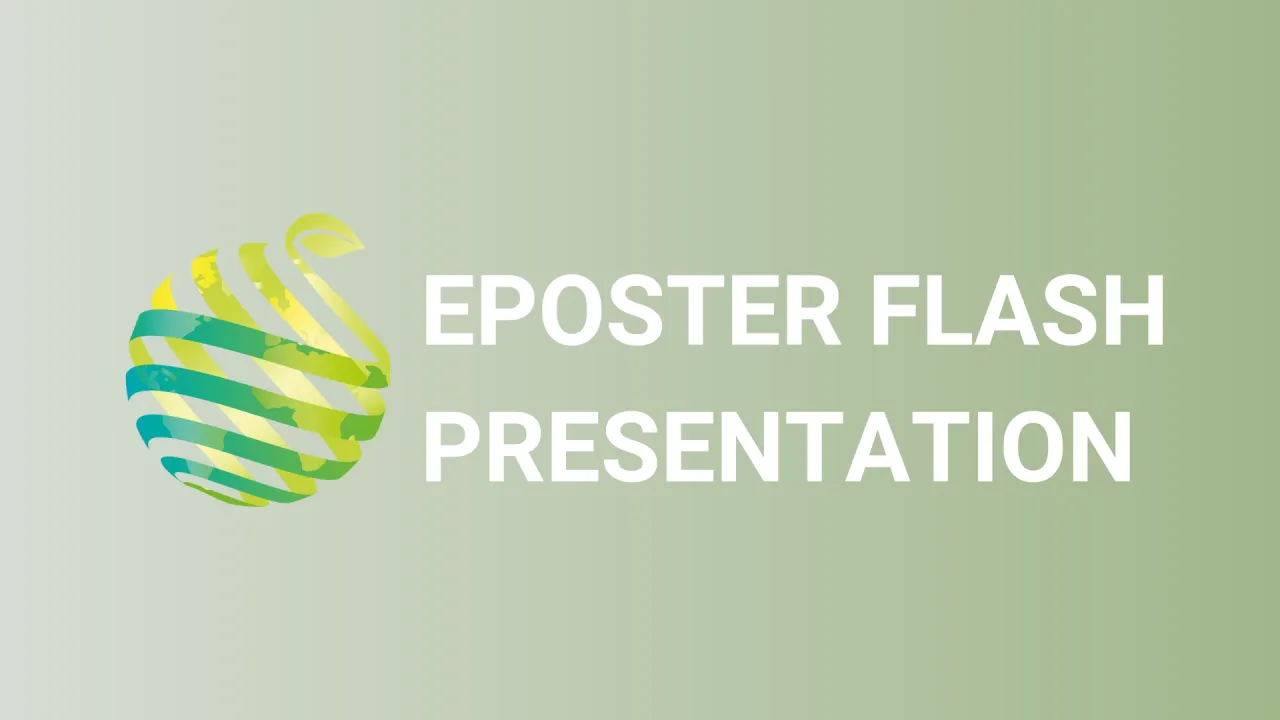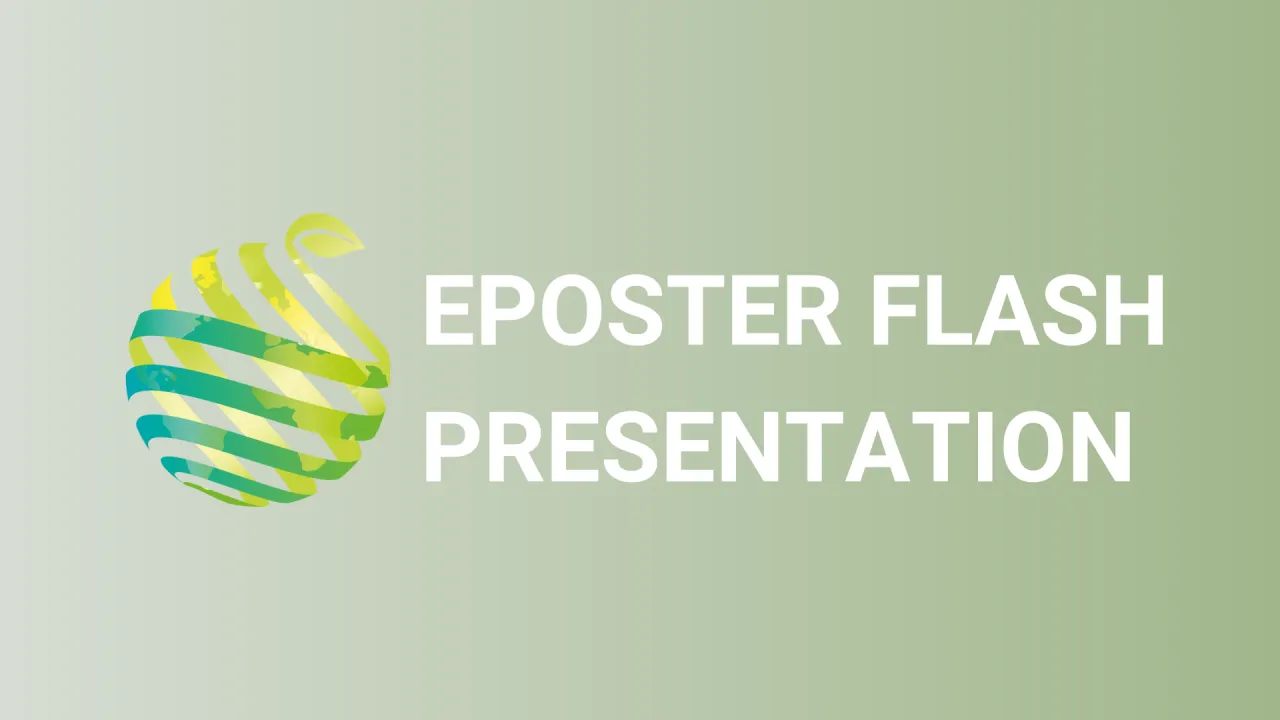

S14 - Session P3 - Effects of concentration and duration of contact on the insecticidal effects of Clove (Syzygium aromaticum) oil on cowpea beetle (Callosobruchus maculatus)
Information
Authors: Olapeju Aiyelaagbe *, Ayoola Ayodele, Mobolade Akinbuluma, Isaac Aiyelaagbe
Syzygium aromaticum is an evergreen spice plant with biocidal and insecticidal activities. The study was conducted to evaluate the potential of Syzygium aromaticum Clove oil as a safe alternative to synthetic agrochemicals currently used for the control of Callosobruchus maculatus, the principal post-harvest pest of cowpea ( Vigna unguiculata ) - a major plant protein source in Africa. Pulverised dried flower buds of Syzygium aromaticum were extracted by hydrodistillation using Clevenger apparatus to obtain the clove oil. The oil was characterized using gas chromatography - mass spectrometry. Two experiments were conducted to evaluate the potency of clove oil in the control of Callosobruchus maculatus. The repellency of oil was evaluated using the area of preference method. Adult Callosobruchus maculatus were released separately at the centre of the Whatman No.1 filter paper infused with 1mL of 100 ppm - 400 ppm clove oil in covered petri dishes. Ethanol was used as control. The treatments were assigned in a completely randomized design. The number of insects present on the control and treated papers were recorded 1 hr and 2 hr after exposure and percent repellency was calculated. In the second experiment, 20 g of cowpea seeds were treated with 100 - 400 ppm Clove oil with ethanol as negative control and pirimiphos-methyl as positive control. They were exposed to C. maculatus in a jar covered with mesh. Mortality was recorded 24, 48 and 72 hr after infestation. The highest repellency of 35% occurred after 2 hrs of exposure to 200 pm clove oil. Thus, clove oil did not significantly repel C. maculatus . Nonetheless, exposure of C. maculatus to 300 ppm clove oil for 72 hours after infestation, inflicted high mortality of 64.6% comparable to that of the synthetic insecticide pirimiphos-methyl (75%). Thus, clove oil is a safe alternative for the control of C. maculatus .